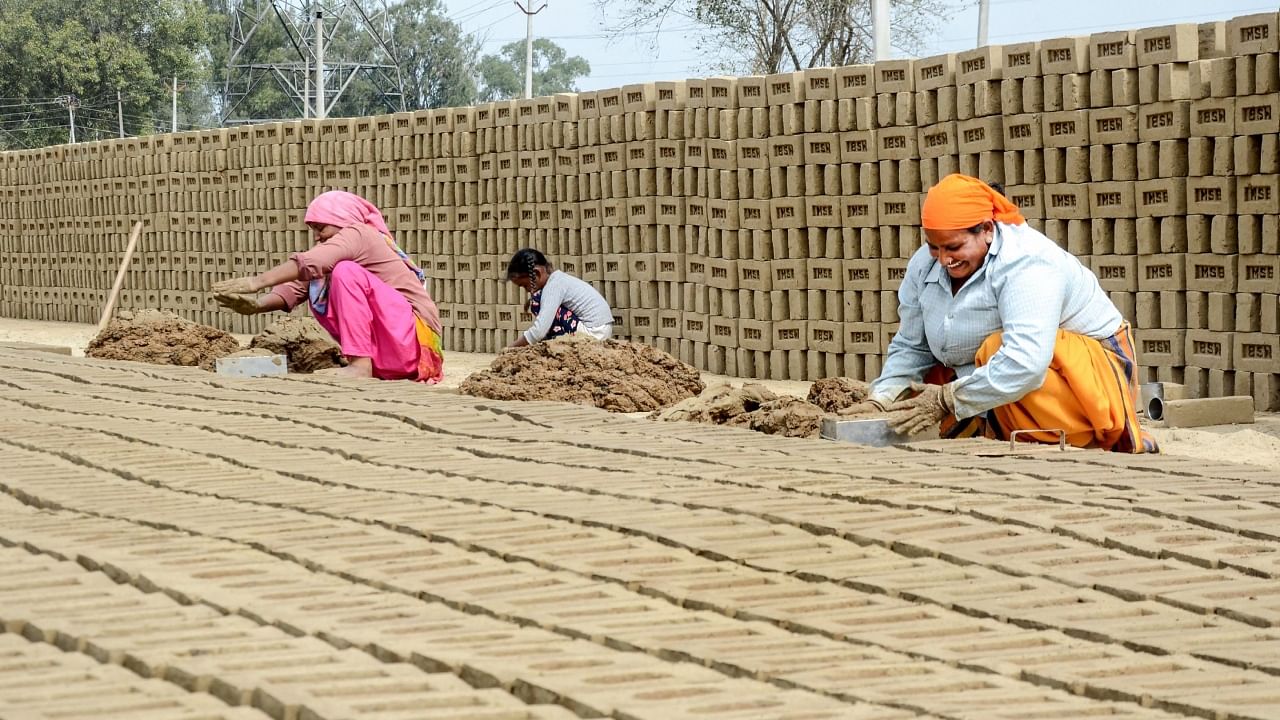
The budgetary allocation to the Mahatma Gandhi National Rural Employment Guarantee Act (MGNREGA) has seen a sharp cut in the recently announced Union budget. Introduced by the UPA government in 2005, the Act guaranteed 100 days of employment to people in rural areas.
The funding has now been reduced by one-third from Rs 89,000 crore (as per the revised estimates for the scheme in the current year) to Rs 60,000 crore for the next financial year. The government’s move has drawn criticism from various social activists and policy circles for “killing the law,” which has undeniably helped to alleviate rural distress and poverty, as well as improve the agency of women and other vulnerable social groups.
Given the high participation of women in MGNREGS, which remains at 54% in FY 2021–22, the cut in spending will have a distressing impact on them at multiple levels. The programme attracts women in large numbers as it is premised on wage parity with men. MGNREGA has contributed to reducing the gender pay gap in rural areas by raising overall rural wages in agricultural and non-agricultural occupations. But to provide even 40 days of work to eligible households, the budgeted amount for the scheme should have been double what has been allocated.
MGNREGS also ensures the provision of work close to the residences of workers, and this has also been a major attraction for women to enrol in these jobs. A study using the National Family Health Survey (NFHS-4) reveals that only 41% of women in India enjoy complete physical mobility, and rural areas are worse off than urban areas in this context.
Conservative social norms in communities and patriarchal controls over women’s mobility often inhibit women from taking up work far away from their homes. In rural areas, working as agricultural labourers on the farms of middle- and upper-caste farmers increases women’s risk of harassment and exploitation. MGNREGS redresses these to a great extent.
Several research studies have shown that paid employment through MGNREGS has improved women’s autonomy within the household in terms of spending and household decision-making and reduced their material dependence. As a narrative from a study goes, “I can’t access my husband’s account, and he can’t access mine. That is very good because he spends everything on drinks. He drinks a lot. The only things he does are sleep and drink. But with my [MGNREGS] wage, I buy groceries and use it for medical expenses if someone is ill.”
Another important arrangement is the provision of childcare and day-care services on work sites. While this is afflicted by poor implementation at the ground level, any improvement on this front requires a much larger budgetary allocation. The Time Use Survey 2019 conducted by the NSO shows that women bear a disproportionate burden of caregiving services in comparison to men. The burden of child care, particularly for young mothers, can severely hamper their prospects for finding paid employment outside their homes. Public provisioning of child care through MNREGA ensures that there is some form of redistribution of the care burden from women to the State.
MGNREGA also has the potential to transform gender relations in rural India. Some novel changes recently introduced in the programme challenge patriarchal structures in rural areas by making women hold work site supervisory positions, known as “mates.”
Although this creates its own set of social challenges because men do not want to report or comply with orders issued by women, it has the positive effect of reshaping existing gender relations in which men are typically seen to own resources and make all decisions. MGNREGA has also altered the sense of freedom and identity among the vulnerable in positive ways. The socially oppressed Dalits have found their voice and bargaining power against the landed elites owing to the increased income security that comes from waged labour. Even perceptions of what constitutes a livable wage have improved for social groups like the OBCs.
With such wide-ranging benefits, the decision to cut allocations to MGNREGS in the current Budget is an insensitive and unthoughtful move. PM Modi had once said that he would continue the programme as a “living monument of the Congress-led UPA’s failure.” In the current scheme of things, even that looks bleak. The monument that supported millions of rural workers all these years, including the returning migrants during the Covid-19 pandemic, might just crumble and fall.
(The writer teaches Economics at Christ University, Bengaluru)